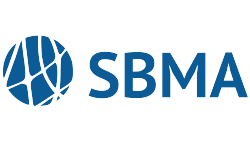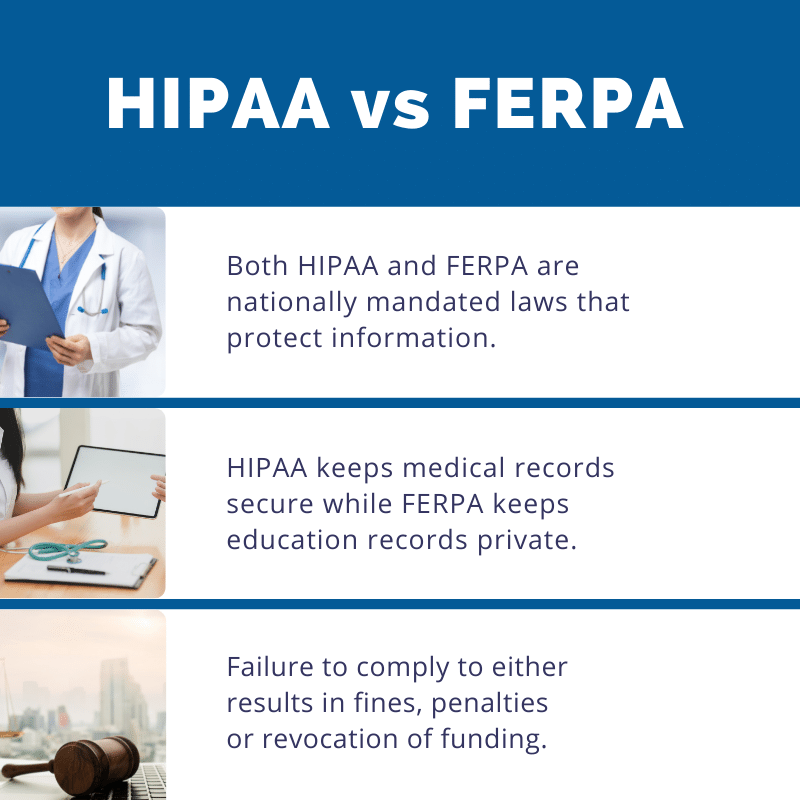What is FERPA
FERPA stands for the Family Educational Rights and Privacy Act that was implemented in 1974. This law is another federally mandated law that regulates the privacy of student information on a national level. It protects the privacy of student school records that the education system holds.
Parents or legal guardians have access to the records and can have the records amended, and have the ability to disclose personally identifiable information from education records to their discretion until the student is 18 years old.
According to the CDC, FERPA serves these two main purposes:
- “Gives parents or eligible students more control of their educational records.
- Prohibits educational institutions from disclosing ‘personally identifiable information in education records’ without written consent.”
Who Has to Follow FERPA Rules?
Any of the following public and private education systems are required to follow FERPA policy when they receive federal funding:
- Elementary schools
- Secondary schools
- Post-secondary schools
- State and local education agencies
Why is FERPA Important?
FERPA is important because it allows students, parents, and legal guardians the ability to review school records, request any corrections that need to be made, and control who has access to the student’s personal identification information.
The education system must request consent from the student, parent, or legal guardian before releasing any personally identifiable information to keep the student’s information safe from the wrong hands.
FERPA Violations Examples
The federal government will revoke federal funding to education systems that violate FERPA regulations. Common FERPA violations include:
- The education system refuses to provide school records to the student, parents, or legal guardians.
- School employees who, even unintentionally, disclose the academic standing of one student to other students.
- Telling parents about other child’s academic standing that is not their own.
- Posting student grades in public places with their names attached
- Allowing a parent volunteer to grade the exams of other students
HIPAA VS FERPA
Both HIPAA and FERPA are nationally mandated laws that protect information. HIPAA keeps medical records secure while FERPA keeps education records private. Failure to comply with either results in fines, penalties, or revocation of funding.
Are you concerned with the HIPAA compliance of your virtual doctor’s appointment? Read about the HIPAA compliance standards that Zoom upholds to ensure your personally identifying information is kept safe in this article.



